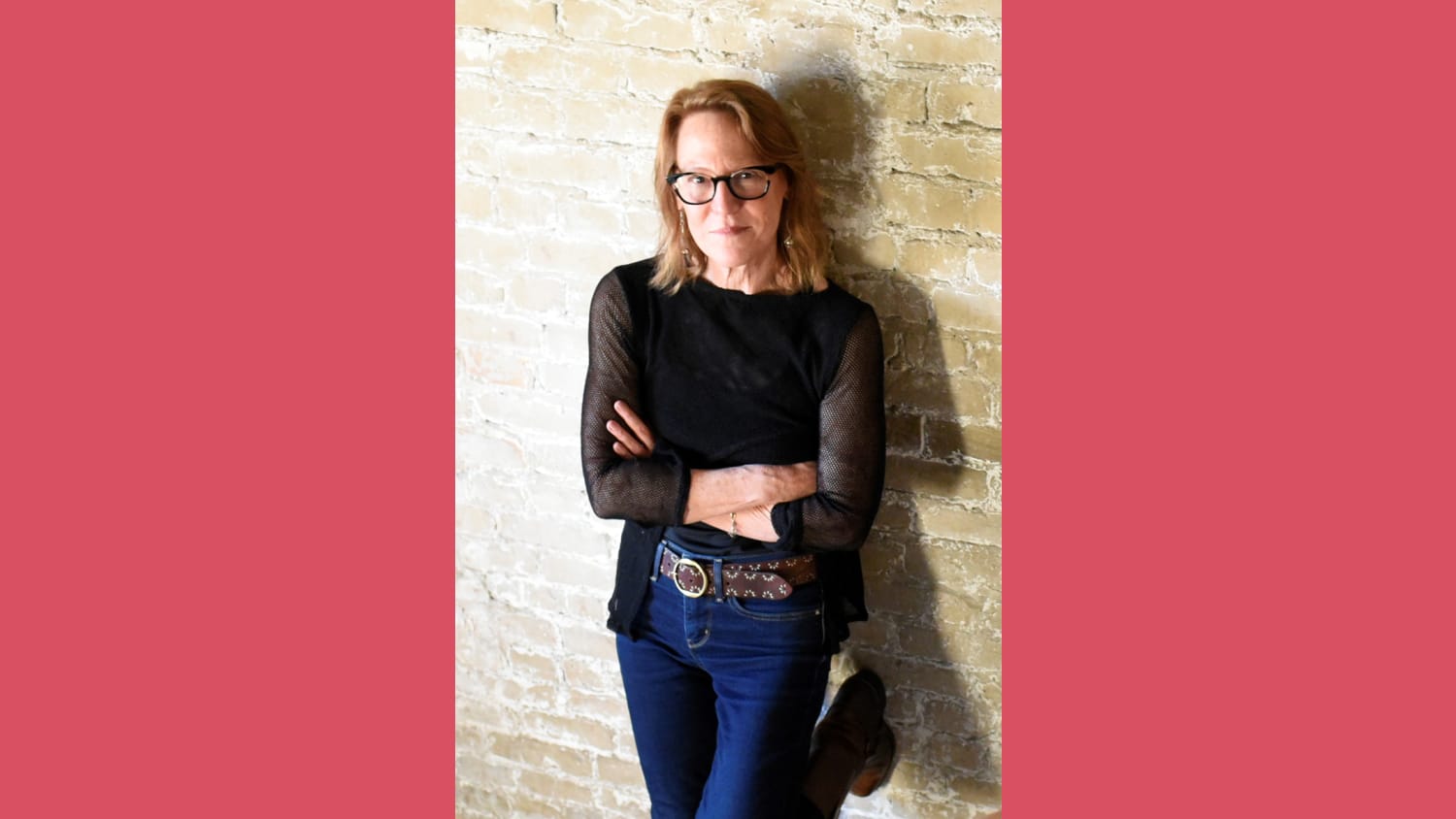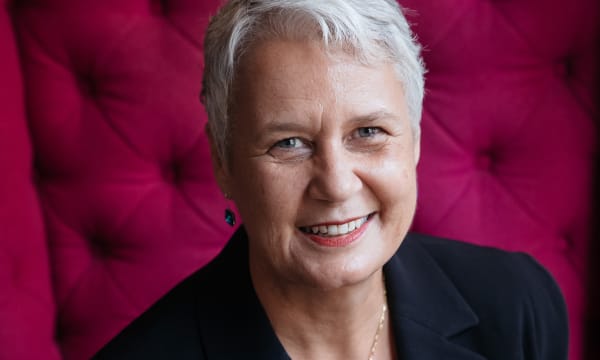People are redefining retirement, leaving long-standing careers to focus on new goals and aspirations.
In August, world-renowned athlete and tennis star Serena Williams announced that she was stepping away from the sport after this year to focus on her family and other business ventures. “I have never liked the word retirement. It doesn’t feel like a modern word to me. I’ve been thinking of this as a transition,” Williams shared in a cover story for Vogue, where she shared her decision in her own words. “Maybe the best word to describe what I’m up to is evolution. I’m here to tell you that I’m evolving away from tennis, toward other things that are important to me.”
Williams isn’t the only one turning life on its heels and finding new direction. In August, The New York Times published a feature about retirees taking on part-time work in the travel industry for its travel-perks and flight advantages. As airlines and hotels struggle to maintain enough employees to keep up with the industry’s demand, some savvy travelers are taking on as little as 15 hours of work per week doing anything from unloading baggage to working as a front desk concierge for flight and hotel perks, saving money and spending their time traveling instead of taking a more traditional retirement at home.
Wunderman Thompson Intelligence spoke with two rewirees: one, retired and one, semi-retired—both of whom have truly rewired their careers, their homes, and their lives. Their accounts show first-hand the thrill that retirement is out, “rewirement” is in.






